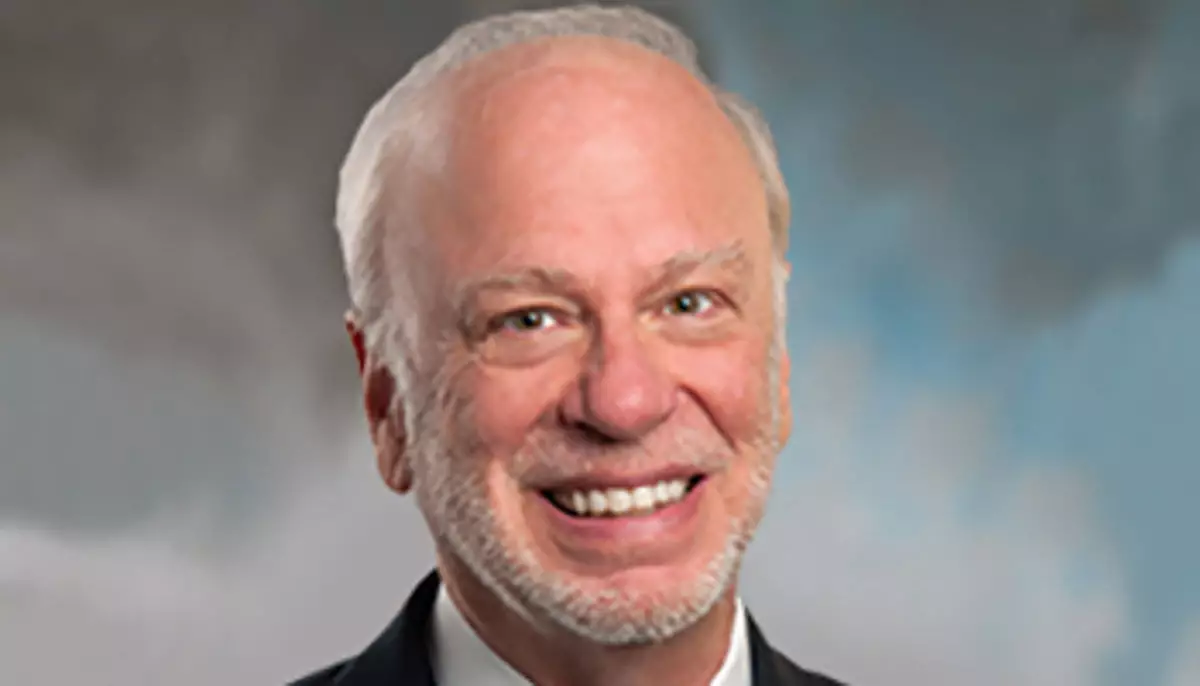Over the past decade, airline passengers have gained a series of crucial rights that aim to level the playing field between consumers and powerful carriers. Regulations like the full-price rule, the codeshare rule, and mandatory refunds for cancellations have transformed the industry’s approach to customer service and transparency. These laws, often lauded for their pro-consumer stance, have been instrumental in fostering trust and fairness in an industry historically marked by opacity and sometimes unethical practices. However, the political winds seem poised to challenge this progress. Amid shifting governance priorities, the Biden administration has signaled a willingness to expand passenger rights—considering policies that could require airlines to cover lodging and meals for delayed travelers. This progressive momentum raises a pressing question: Are these protections under threat of rollback, and if so, how imminent is this danger?
The Federal Push to Repeal Regulations: A Complex Political Game
The Trump-era executive order, which called for a ratio of ten repeals for every new regulation, set a tone of deregulation and reduced oversight. Yet, it’s critical to understand that this order did not mandate wholesale elimination of rules; rather, it instructed federal agencies to examine existing regulations and identify candidates for repeal if they could justify it. Subsequently, the Biden administration’s efforts have aimed to recalibrate this approach, with signs pointing toward a renewed emphasis on consumer rights. Recently, a memorandum issued by the current administration has encouraged agencies to actively identify unlawful regulations—those exceeding statutory authority or lacking legal standing—for swift removal.
This introduces a significant legal battleground: whether the existing consumer protections actually exceed the authority granted to the Department of Transportation (DOT). Critics argue that many of these rules are beyond the DOT’s legal scope, and with the weight of conservative legal thought, this critique gains traction. The administration’s attempt to expedite repeals without the traditional notice and comment period—permissible under a narrow “good cause” exception—further fuels debate over procedural fairness. Opponents contend that bypassing transparent rulemaking contradicts the principles of democracy and due process, potentially opening the door to extensive legal challenges.
Legal Hurdles and the Path Forward: Will Consumer Protections Survive?
Legal challenges to these deregulatory efforts are inevitable. Consumer advocacy groups, airlines, and legal scholars are likely to scrutinize whether the DOT genuinely has the authority to revoke these protections without the standard rulemaking procedures. The crux of the matter hinges on whether courts will accept the “good cause” exemption as a sufficient basis to sidestep public comment and notice. Historically, courts have been wary of agencies bypassing the formal process unless dire emergencies justify it—a standard that critics argue does not apply to industry-wide regulations aimed at consumer welfare.
The ultimate resolution of these legal disputes will likely rest with the Supreme Court. Given the current composition and the significance of regulatory authority, a ruling is anticipated within the next year or so, potentially affirming or limiting the scope of agency power in deregulatory efforts. Until then, the status quo remains uncertain, leaving consumers in limbo.
Looking ahead, the pace of regulatory repeal is uncertain. Even if some rules are officially rolled back, implementing these changes faces obstacles—both practical and legal. The complexities of undoing well-established protections mean that it could take years before any substantial deregulation is fully realized. Meanwhile, passenger rights advocates will continue to fight for the protections they have fought so hard to secure, making this an ongoing battleground at the intersection of law, politics, and consumer advocacy.
A Critical Reflection on the Future of Consumer Protections
Despite the apparent momentum towards deregulation, there’s a fundamental question of whose interests truly take precedence. Airlines have long wielded influence over regulatory agencies, shaping policies to favor efficiency and profitability, sometimes at the expense of consumers. The recent legal and administrative maneuvers seem to prioritize the airline industry’s desire for less oversight over the rights of passengers who suffer inconvenience, financial loss, or lack of transparency.
Moreover, the notion that many of these protections are “unlawful” overreach seems more based on political strategy than legal clarity. Agencies are traditionally empowered to regulate in ways that protect the public interest, and reversing these protections without a thorough legal process risks undermining the very foundations of administrative law. The potential consequences extend beyond airlines, setting a precedent that could weaken consumer protections across multiple sectors, tipping the balance of power further in favor of corporations.
From a pragmatic viewpoint, the ideal scenario would see a careful review of existing protections, ensuring they serve the public and are grounded in legitimate authority. While deregulation might promise short-term gains for certain industry players, the long-term damage to consumer trust and fairness could be irreparable. Balancing regulatory oversight with industry viability is complex, but the current approach threatens to swing the pendulum dangerously toward unchecked corporate influence, leaving consumers vulnerable in a system that was designed to protect them.


Leave a Reply